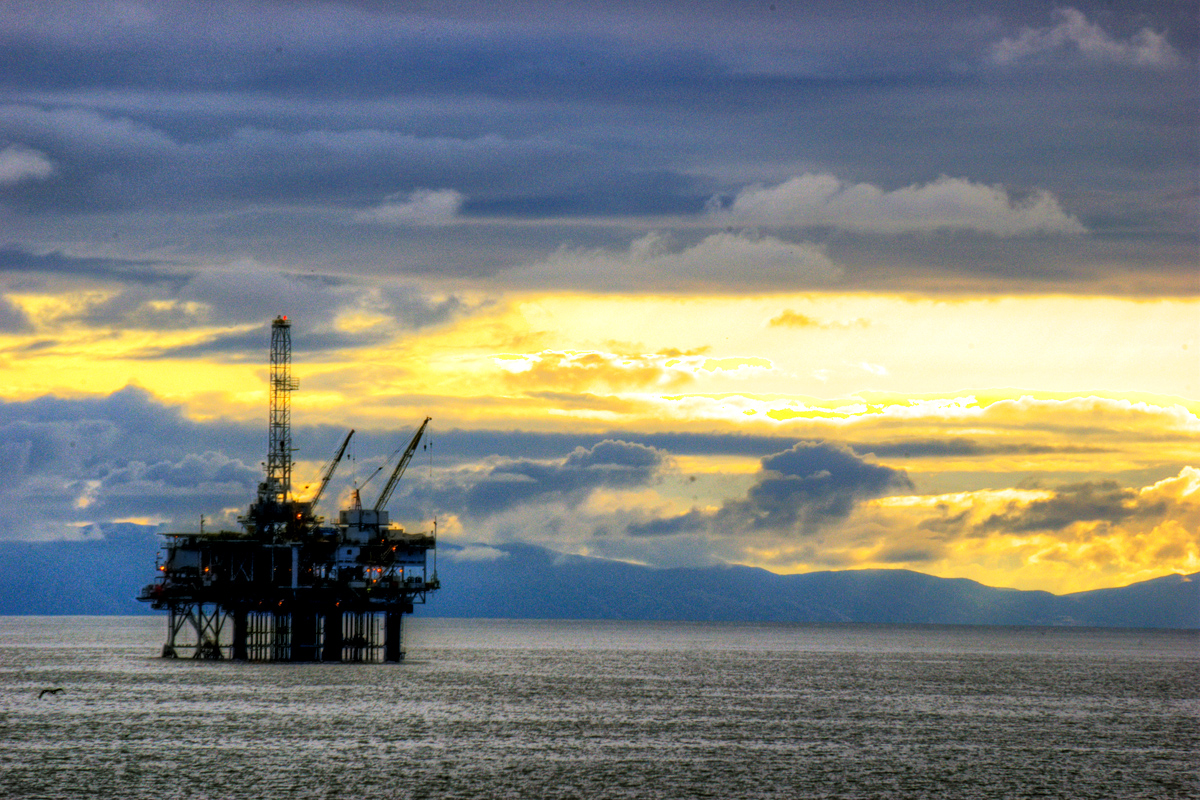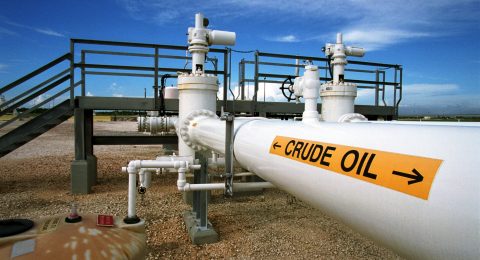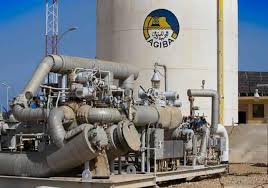The dash for resources that saw explorers invest billions of dollars to tap promising oil fields from Ghana on the west coast to Tanzania on the east, is stalling as the global drop in crude prices pushes drillers to reconsider the high costs of exploration on the African continent.
For many drillers, 2014 was already failing to reach the promise seen in 2013 when half of the world’s 10 largest oil and gas finds were made in Africa. With oil prices dropping below $50 a barrel, analysts say they expect a more concentrated pullout in 2015.
“Now that we’re at another weak oil price, every company will be reviewing discretionary spending,” said Brendan Warn, an analyst at BMO Capital Markets in London.
In Africa’s frontier environment, drilling may bring a higher reward, but since most exploration takes place offshore, single wells can cost hundreds of millions of dollars, increasing the industry’s susceptibility to lower oil prices.
Duncan Clarke, chairman of Global Pacific & Partners, a firm that advises African governments, said cuts have already begun. They include “budget cutbacks, asset sales, some corporate consolidations, more farm-outs, slower acreage pick-up, tougher operating conditions, and weaker overall margins for producers,” according to Clarke.
Rig Count
Following major discoveries in 2013 in countries including Tanzania and Kenya, the Baker Hughes Rig Count reported 154 rigs in Africa in February of last year, the most since 1983. By December, that had declined to 138.
Ophir Energy Plc (OPHR), a U.K. explorer that’s made several large finds in Tanzania, ended its 2014 drilling campaign in Gabon in June, after a series of dry holes. Repsol SA (REP), Spain’s biggest oil producer, spent almost $100 million on a well that missed in offshore Namibia.
Tullow Oil Plc (TLW), a British oil company that’s among the most active explorers in Africa, said last week it won’t drill a single offshore exploration well in the continent this year as it reduces investment in response to lower prices.
For Africa to revive the momentum of its oil and gas industry, governments need to look at the terms they offer explorers and adapt them to reflect lower prices, Tullow Chief Executive Officer Aidan Heavey said.
Pulling Back
“As more and more companies are pulling back, you’ll see that countries will have to change their terms,” Heavey said in an interview last week. “We will be renegotiating our exploration license terms.”
Tullow has cut its exploration and appraisal budget of $1 billion by more than two-thirds and will focus on onshore drilling in East Africa, where it’s been able to reduce well costs to $7 million each.
“It’s going to be the operators who are going to have to control costs,” Claude Illy, head of oil and gas advisory for sub-Saharan Africa at Deloitte & Touche. Exploration will be be cut “quite drastically,” he said.
The silver lining for companies obligated by lease terms to drill could be lower service costs.
“Exploration in general will receive less funding due to the fall in oil prices,” Larry Bottomley, CEO of Chariot Oil & Gas Ltd., said in a Jan. 9 response to questions. “What we have seen, though, is a significant decrease in exploration costs, specifically seismic and drilling, so although there are fewer dollars, those dollars will go further.”
Cost Breaks
The cost of conducting a 3D seismic survey had dropped to $3,500 a square kilometer from $10,000 a year earlier, Ophir CEO Nick Cooper said last year in an interview at an oil convention in Cape Town in November. The company wasn’t immediately available to respond to a request for updated costs.
Drilling service companies such as Milan-based Saipem SpA (SPM) may see orders drop 30 percent with oil at less than $80 a barrel, Sanford C. Bernstein analysts said in a Jan. 19 research note, and the cost of hiring offshore rigs may fall 40 percent.
Not all companies have put off plans.
“The majority of our current development and near-term exploration drilling is offshore Nigeria, where typically the production costs are a little lower than other exploration areas,” Lionel McBee, a spokesman for U.S. explorer CAMAC Energy Inc. (CAK), said in a phone interview. “In this price environment, we’re not going to be expanding exploration drilling. We’re sticking to our development program.”
Some projects, such as completing of South Africa’s first deepwater well, which Total SA (FP) suspended due to technical issues last year, may not be realised for as long as the under-$50 environment lasts. The company didn’t reply to an e-mail inquiry about drilling plans in the country.
“You’ll see more timing delay on the exploration,” Simon Ashby-Rudd, head of oil and gas at Standard Bank Group Ltd., said in a Jan. 9 phone interview. “The major oil companies are now accepting that their long-term oil price assumption has changed.”
Source: Bloomberg












